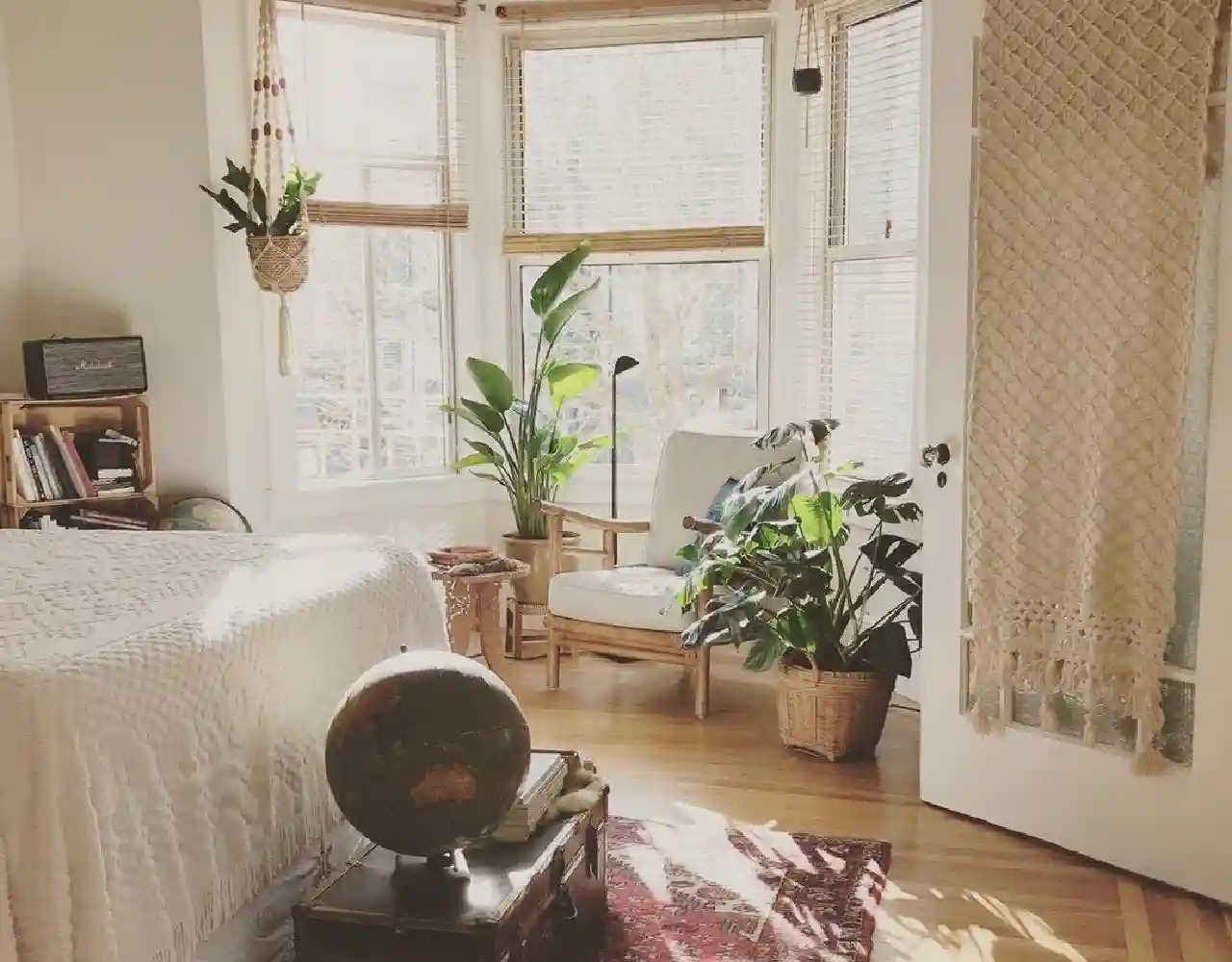NEWS
Breaking Down the Average Monthly Rent Expenses for a One-Bedroom Apartment

Have you ever wondered how much people spend on rent for a one-bedroom apartment?
Rent is a big part of most people’s budgets, especially in city areas. Many factors can change how much rent costs, like the location or how nice the apartment is.
Here, we will look closely at the average monthly rent for a one-bedroom apartment. We’ll explore what makes the prices go up or down. This information will help you understand rental costs better, whether you’re moving soon or just curious.
Base Rent
Base rent is the main amount you pay each month for your apartment. It’s set by your landlord and listed in your lease agreement. This cost changes a lot depending on where you live.
In big cities, rent is usually higher because more people want to live there. The lease agreements will tell you how much you need to pay each month. Always check it before you sign to understand your rent costs.
Utilities
Utilities cover essential services like water, electricity, heating, and sometimes internet. In many apartments, you have to pay utility bills separate from your rent.
This means the money for these services isn’t included in your monthly rate and you pay based on how much you use. Always ask your landlord what utilities you’ll need to cover so you can plan your budget better.
Insurance
Insurance is your safety net, protecting your stuff if something bad happens, like a fire or theft. Renters’ insurance usually isn’t too expensive, but it adds a bit to your monthly costs.
Talk to your landlord to see if it’s required. Then, shop around to find a deal that fits your budget. This way, you’ll feel more secure knowing you and your belongings are covered.
Parking Fees
If you have a car, parking can add to your monthly expenses. Not all apartments come with free parking spaces.
In crowded cities, parking fees can be high. Some places might offer a spot with an extra monthly charge.
Before you rent, ask if parking is included. If not, check nearby options and costs. Knowing this will help you understand your total monthly rent better and avoid surprises.
Maintenance and Repairs
Sometimes, things in your apartment can break or need fixing. This is where maintenance fees come into the picture. Your landlord might handle most repairs, but some costs could fall on you. It’s important to know who pays for what.
Usually, big fixes are the landlord’s job, but small things might be up to you. Checking this before you rent can save you surprises and extra costs later on.
Additional Amenities
Additional amenities like gyms, pools, and community areas are cool perks but they can increase your rent. These features offer convenience and fun, but it’s essential to think about whether you will use them enough to justify the extra cost.
Not all apartments have these, so if you find one that does, make sure the price fits your budget. To understand how these amenities affect your rent, learn more by talking to your landlord or reading your lease agreement.
Find a One-Bedroom Apartment That Fits Your Needs and Your Wallet
Knowing about the costs of living in a one-bedroom apartment helps you make smart choices. By understanding all the different things that can add to your rent, you can budget better and pick the right place.
Don’t forget to ask questions and read your lease. With a bit of work, you can find a one-bedroom apartment that’s just right for you.
For more informative articles, please visit the rest of our blog.
Having completed my education in English, I’ve cultivated a successful career as a content writer. My tenure includes valued collaborations with distinguished professional organizations, reflecting my commitment to producing high-quality content.
Contact me on this mail: [email protected]










